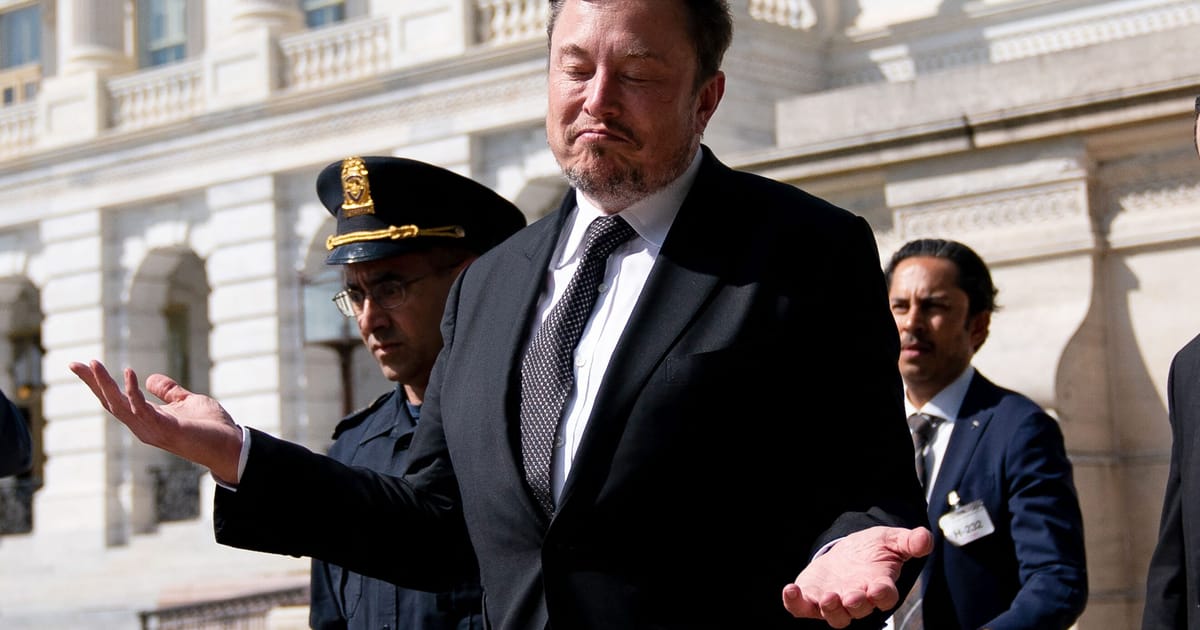Elon Musk has until the end of Wednesday to respond to demands from Brussels to remove graphic images and disinformation linked to the violence in Israel from his social network X — or face the full force of Europe’s new social media rules.
Thierry Breton, the European Union commissioner who oversees the bloc’s Digital Services Act (DSA) rules, wrote to the owner of X, formerly Twitter, to warn Musk of his obligations under the bloc’s content rules.
If Musk fails to comply, the EU’s rules state X could face fines of up to 6 percent of its revenue for potential wrongdoing. Under the regulations, social media companies are obliged to remove all forms of hate speech, incitement to violence and other gruesome images or propaganda that promote terrorist organizations.
Since Hamas launched its violent attacks on Israel on October 7, X has been flooded with images, videos and hashtags depicting — in graphic detail — how hundreds of Israelis have been murdered or kidnapped. Under X’s own policies, such material should also be removed immediately.



I believe the classic example is yelling “fire” in a crowded theater
Yeah, but when explaining it to someone with zero empathy, they dont understand unless it’s explicitly about them…
If “fire in a theater” would work on that person, it would have already. It’s not some obscure example no one’s ever heard of before…
Which ironically is actually legal in the US. The big lines are libel, slander, defamation, incitement to imminent lawless action, fraud, threats and child pornography.
Assuming the person is not actually a child abuser, the example they used would actually cross the line in the US but really only for a civil case, rather than criminal. It wouldn’t even count as incitement unless he was calling for the alleged child abuser to be lynched or something, even “someone ought to string up this child abuser” probably doesn’t count as incitement.
Legally, that’s a bad example. It was dicta (non-binding rhetoric) to support a ruling in 1919 that peaceful anti-war protests could be outlawed. This ruling was overturned by another ruling in 1965.
If anything, lawyers use it as a “classic example” of popular misunderstanding of the law.